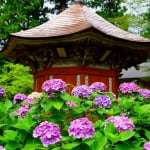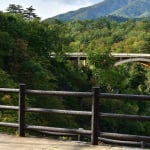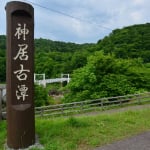Name:Sarajevo Bobsleigh Track
Address:BA, Apelova cesta, Sarajevo 71000 , Bosnia and Herzegovina
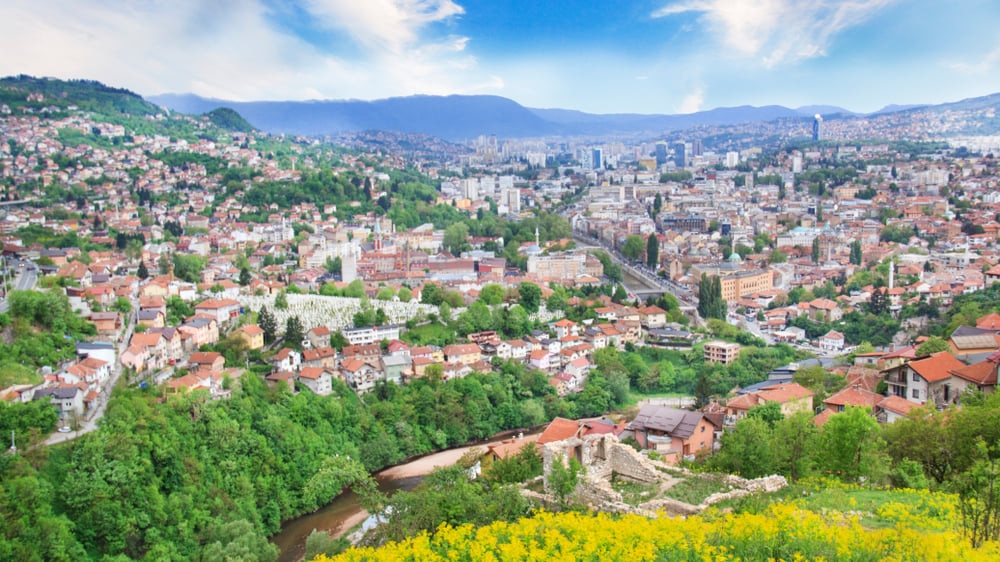
Photo by Datsenko Maryna/shutterstock.com
Sarajevo : Once War Ridden City Stands In Colorful Hues of Architecture
Sarajevo is the largest and the capital city of Bosnia and Herzegovina situated on the banks of Miljacka River. It overlooks the gorgeous Alps of Dinaric and is known for its tumultuous war ridden history. There are many landmarks, buildings and architectures that stand as witness to the history of the city. The once torn ridden city has slowly undergone transformation and holds on to a modern development. It is the perfect mix of old and modern adding exciting flavors to the existence of the city. Here are the top ten must visit places:
table of contents
[x] close
Sarajevo : Once War Ridden City Stands In Colorful Hues of Architecture
1. Sarajevo Bobsleigh Track
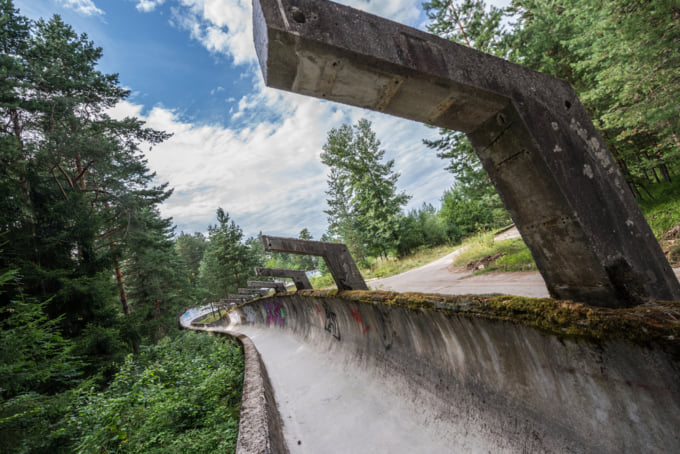
Photo by Fotokon/shutterstock.com
The track holds a huge historical significance in the city and is one of the most popular tourist attractions. The track is situated on Trebevic Mountains which was built in 1984 for organizing the winter Olympics. The track overlooks the city and leaves you in awe with the scenic view. There are many interesting graffiti on the track and surrounded by the surreal bliss of nature. The 1300 meter concrete track was completed in 1982 and the Olympics were a huge celebration that brought together huge crowd. The track was torn between Yugoslav wars in 1991.
2. The Despic House
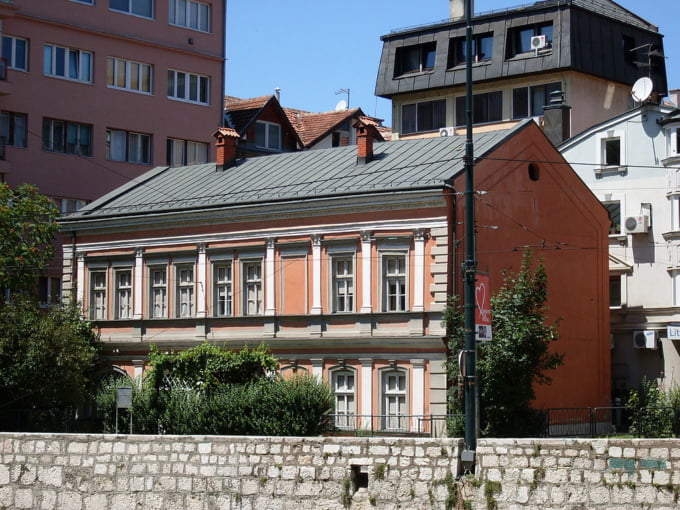
Photo by commons.wikimedia.org
The Despic House is an old merchant house that was designed and established in the year 1881. It belonged to Serb families who were one of the wealthiest in the city. Currently it houses a museum that preserves things and artifacts. The house was later donated by the family the city and now is one of the popular museums for literature and performing arts. It dates back from the 17th century and the architecture beautifully reflects the medieval style of work. It is the venue for the first performing theater in the city.
Name:The Despic House
Address:Despiceva 2, Sarajevo 71000, Bosnia and Herzegovina
3. Museum of Assassination of Franz Ferdinand
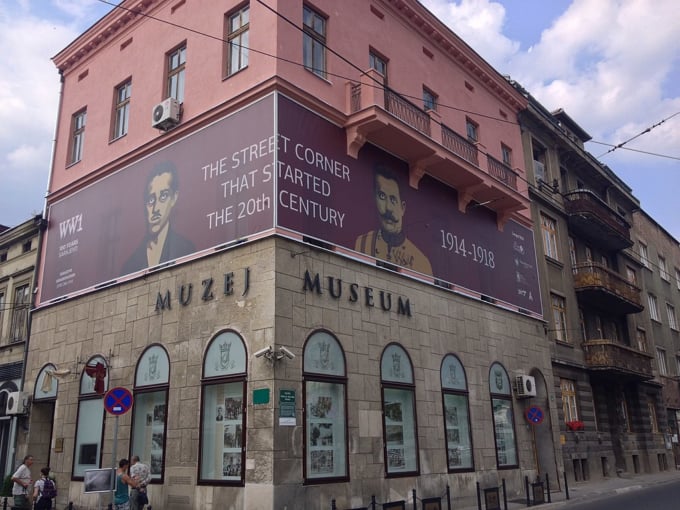
The city got a dark history when an 18-year school going boy assassinated Archduke Franz Ferdinand who was the heir for the Austro-Hungarian Empire. There was a lot of commotion and wars after that as the assassinator was a Bosnian nationality. The assassin was executed by 5 men and was successful when the third assassin threw a bomb which rolled off and exploded. This led Princip to shot and kill the Archduke and Duchess Sophie. The place now stands as museum built in Austro-Hungarian style and a new memorial plaque is placed.
Name:Museum of Assassination of Franz Ferdinand
Address:Zelenih beretki 28, Sarajevo 71000, Bosnia and Herzegovina
Related Site:http://muzejsarajeva.ba/en/
4. Bascarsija
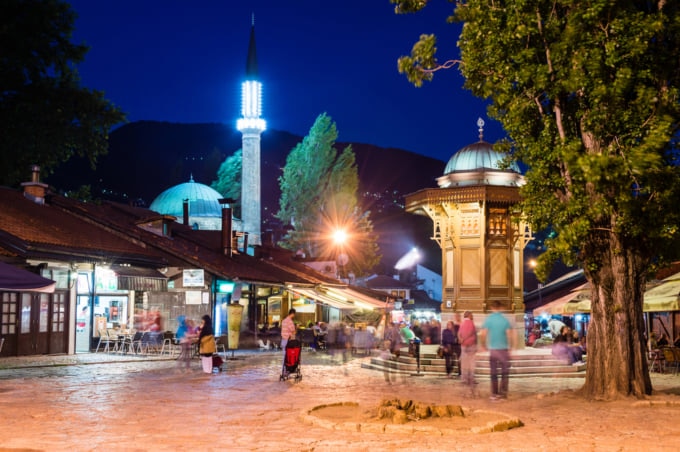
Photo by Andrii Lutsyk/shutterstock.com
It is one of the most fascinating places in Sarajevo as it is the old bazaar and home to number of cultural and historical centers. The old bazaar was established in 15th century and is located on the North Bank of the Miljacka River. There are many historical buildings located in the old bazaar and it is a great place for walking tours. The place is surrounded by maze of streets and hawker selling crafts, artifacts and other things. The history of the place dates back to around 1462 and in the 17th century it saw a golden period of rise.
Name:Bascarsija
Address:Bascarsija, Sarajevo 71000, Bosnia and Herzegovina
Related Site:http://bascarsija.info
5. Gazi Husrev-Beg Mosque
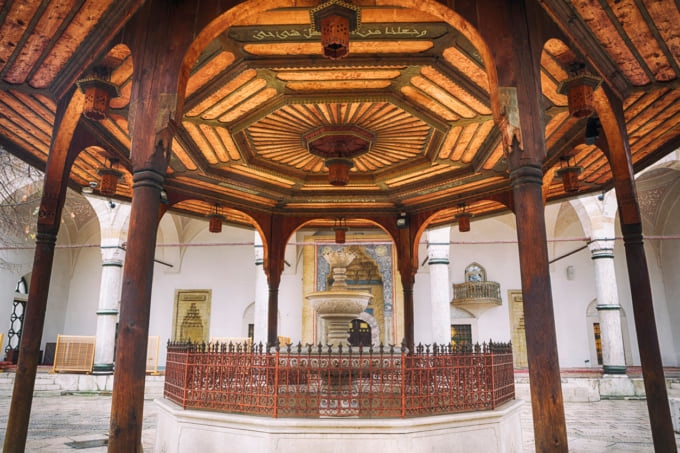
The mosque was built in the 16th century and is the largest mosque in the country. The mosque is inspired by the Ottoman structures in Balkans and currently is the largest congregational place for Muslims in the country. It was initially built in 937 AH and was the first to have electric illumination in the year 1898 during the rule of Austro-Hungarian Empire. It is a gorgeous medieval architecture built with sandstone colored bricks representing Classical Ottoman Architecture. It has multiple domes and the exterior has a minaret.
Name:Gazi Husrev-Beg Mosque
Address:Saraci 8, Sarajevo 71000, Bosnia and Herzegovina
6. Sarajevo Spite House
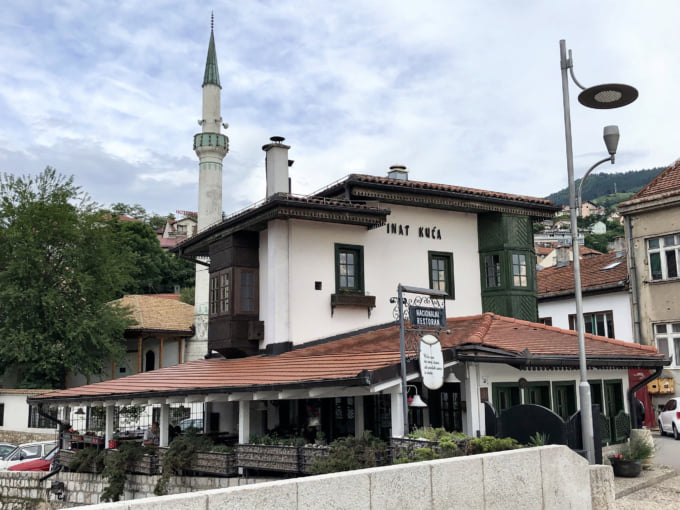
It is a popular and old restaurant in Sarajevo and gives you taste of authentic Balkan food. The place was established during the Austro-Hungarian rule when several houses were demolished in an attempt to develop and design a new city. The House of Spite is a symbol of Bosnian stubbornness where the owner agreed to sell this house in the condition that it is rebuilt on the other side of the river brick by brick. The owner watched the whole rebuilding sitting on a bridge while smoking cigarettes.
Name:Sarajevo Spite House
Address:Veliki Alifakovac 1, Sarajevo 71000, Bosnia and Herzegovina
Related Site : http://www.inatkuca.ba/en/
7. National Museum of Bosnia and Herzegovina
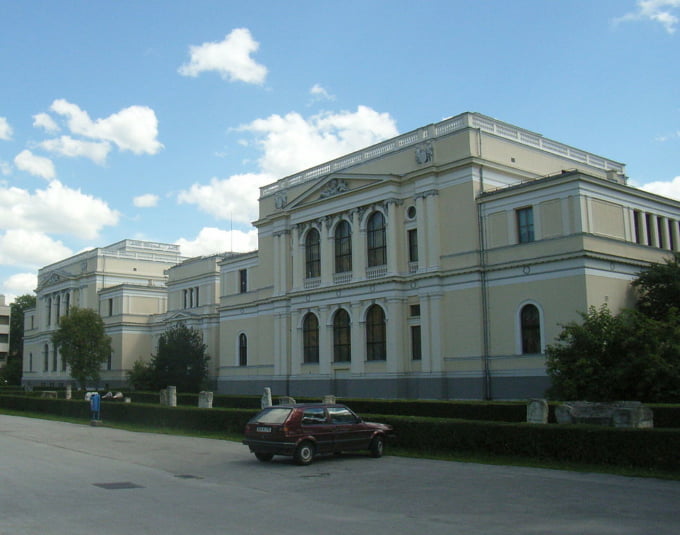
Photo by commons.wikimedia.org
The National Museum is located centrally and was established in the year 1888 and it was originally conceived in the year 1850. Currently the museum has four symmetric pavilions with Renaissance Revival styled inspired façade that was extended in the year 1913. The four pavilions are dedicated to department of archaeology, natural history, ethnology and a library each. The museum is a preserved heritage place that has number of manuscripts, artifacts, books etc. It also houses the oldest Sephardic Jewish document in the world.
Name:National Museum of Bosnia and Herzegovina
Address:Zmaja od Bosne 3, Sarajevo 71000, Bosnia and Herzegovina
Related Site :https://www.zemaljskimuzej.ba/en
8. Latin Bridge
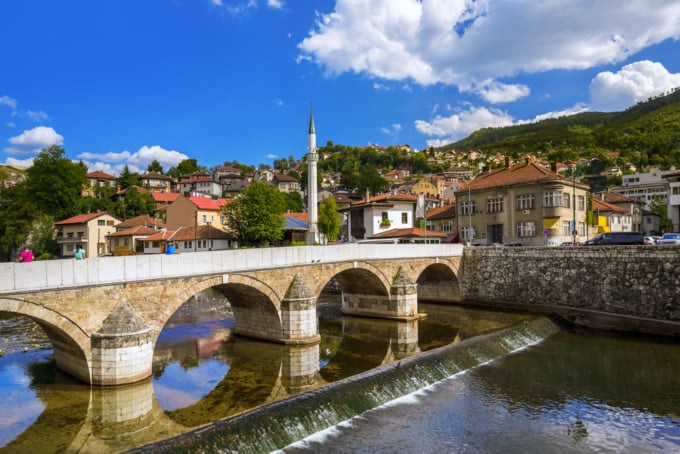
Photo by Tatiana Popova/shutterstock.com
The iconic Latin Bridge is one of the popular tourist attraction located centrally in the city. The bridge was built in the Yugoslavian era and the Ottoman Bridge runs over the Miljacka River. The arch bridge is the oldest preserved bridge in the city and Northern End of the bridge is the site where Archduke Franz Ferdinand was assassinated. The bridge was for the first time made in wood and later it was rebuilt as stone bridge. The bridge has been reconstructed to repair the damaged and the four arches and three pillars keeps it standing strong.
Name:Latin Bridge
Address:BA, Obala Kulina bana bb, Sarajevo 71000, Bosnia and Herzegovina
9. Kovaci Memorial Cemetery
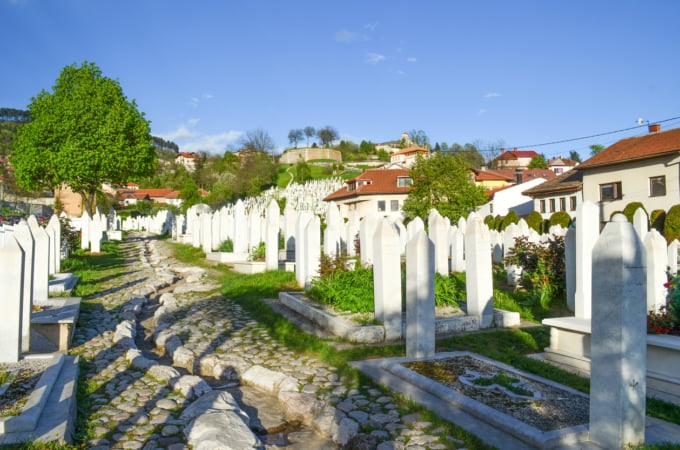
It is a war memorial and cemetery that was built in the memory of the Bosnian Army who were killed in the war and fight against Bosnia and Herzegovina. The fight was between April, 1992 and December 1995. It is not only a cemetery of hundreds of white crosses but also houses a museum with comprehensive information about the war. It keeps alive the memory of the soldiers who lost their lives and is very close to the Old Bazaar.
Name:Kovaci Memorial Cemetery
Address:Sarajevo 71000, Bosnia and Herzegovina
10. Sarajevo Tunnel Museum
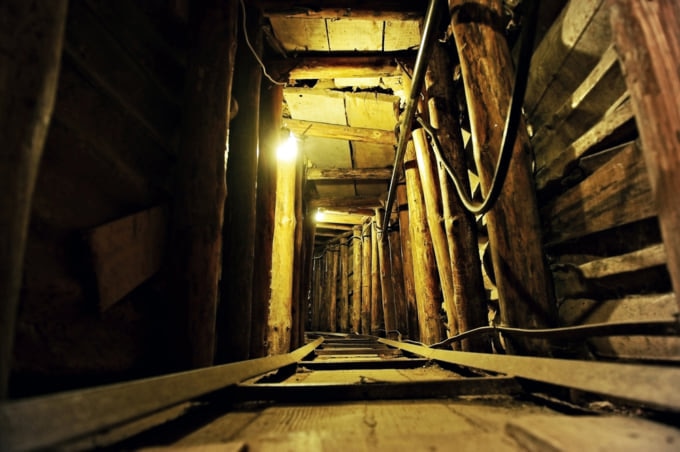
Photo by roibu/shutterstock.com
The Tunnel Museum is also known as Tunnel of Rescue of Hope and was constructed in 1993 during the Siege of Sarajevo in middle of the Bosnian War. It linked the city of Sarajevo that was previously disrupted by the Serbian forces. The tunnel linked Sarajevo to Dobrinja and Butmir which are neighborhoods. The tunnel consists of number of trenches on either sides and is a fascinating place at the moment to explore. After the war, it was built into historic private houses and the cellar served as entrance to the tunnel which serves as museum with photographs, flags, military things, etc.
Name:Sarajevo Tunnel Museum
Address:Tuneli 1, Sarajevo 71000, Bosnia and Herzegovina
Related Site:https://tunelspasa.ba
◎ Closing
It is an interesting and intriguing cosmopolitan city that have seen a lot of war flames and risen from the ashes. The quaint cafes, colorful alleys, museums and fascinating Austro-Hungarian buildings makes the city an attractive one.
RELATED ARTICLES
REGIONS
CATEGORIES
FEATURED ON Bosnia-Herzegovina
-
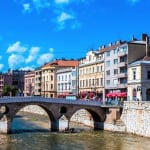
Recommended Shopping Spots in Bosnia and Herzegovina, a Country of Diverse Cultures!
-
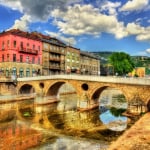
8 Must-Visit Tourist Spots in Sarajevo: Explore a City Where Cultures Intertwine
-
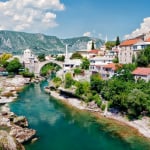
Mostar: 5 Destinations to Experience Nature, Architecture, and History—Discover More Than Just World Heritage Sites!
-
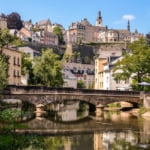
7 Underrated Countries in Europe that Deserve Your Attention
-

Foods and Dishes to Eat Around Europe’s Balkan Region
MOST POPULAR ON Bosnia-Herzegovina
-
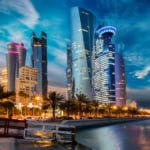 1
1Doha: Must-see Attractions in the Capital of Qatar
-
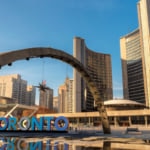 2
2Toronto: 10 Things to do in this Picturesque Canadian City
-
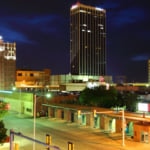 3
3Amarillo: A City Famous for It’s Amazing Canyons, Great History and Music
-
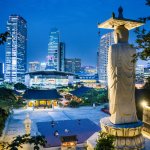 4
4South Korea: Dazzling Scenery, Rich Culture and Fascinating History
-
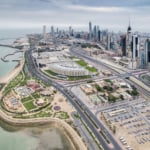 5
5Kuwait: A Country in Middle East Asia Famous for Hot Sand Dunes and Stunning Cityscape

